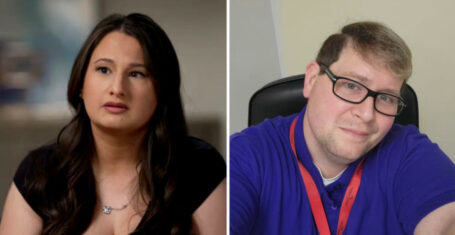
Psychology Department making 3D waves
3D vision isn’t just in the movies.
St Andrews has been at the forefront of research yet again, this time in 3D vision. Psychologist Dr Dhanraj Vishwanath’s new hypothesis has suggested that 3D vision can be “experienced by looking at a normal picture with one eye viewing through a small aperture”. Although this has been noted before, it is often overlooked, but now the psychology department is challenging this stance.
This research is thought to have important implications for those without normal binocular vision as it could help them to experience 3D vision, perhaps through the use of restorative therapy. We also assume it would make the viewing of 3D movies much more enjoyable, and negate the use of those bulky glasses.
The team are beginning to explore the effects on those with varying levels of misaligned vision, a common condition thought to affect 15% of the population.
The latest hypothesis is that 3D vision can be improved by increasing resolution, through ultra-high resolution televisions. The department seems to be making progress, with Dr Vishwanath commenting that “the perceptual results are exactly like stereoscopic 3D, the kind seen in 3D movies”, which could mean that soon enough, we will be hearing even more from the psychology department at our university about the developments in understanding 3D vision.
Image courtesy of breathwick.com









































